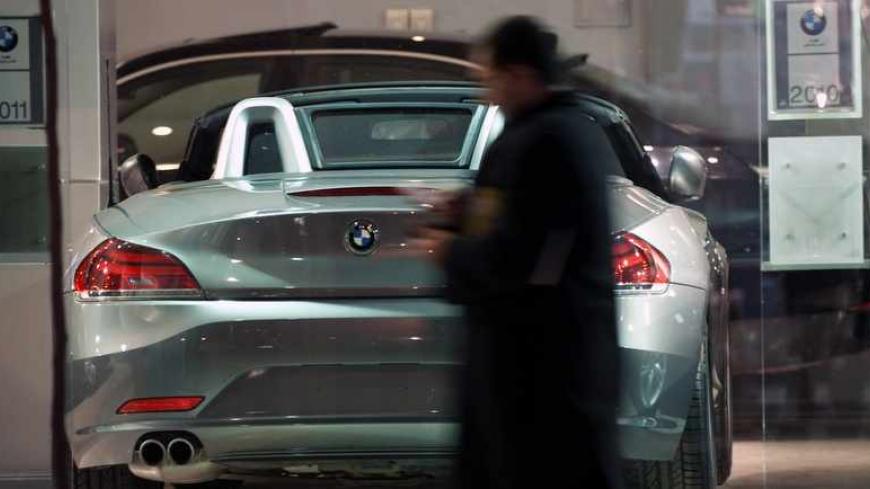On Nov. 26, Iranian President Hassan Rouhani appeared on live television to present a progress report on his government’s performance in its first 100 days in office. Evidently, the president was content that the Geneva agreement had been signed, drawing a road map for the resolution of the nuclear file. In fact, the country’s business community and economic commentators had reacted positively to the Geneva deal — a fact that was underlined in the appreciation of the Iranian rial on the free market.
Nonetheless, it seemed that Rouhani had decided to use the televised interview to present the depth of the economic crisis that the country was facing. The most significant economic passages of the president’s communication include:



